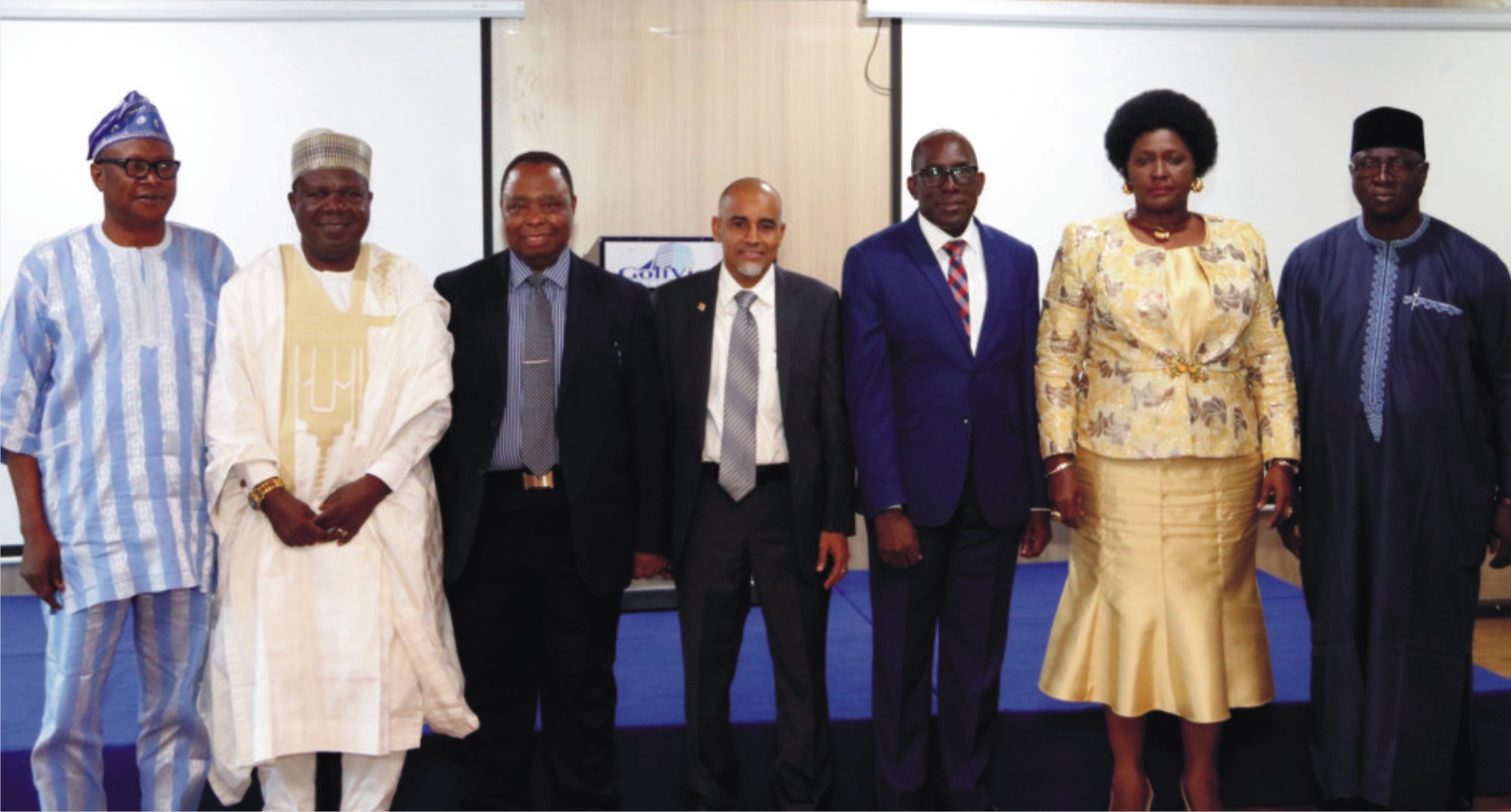Business
Adopt Pension Plan, PenCom Urges Informal Sector

The National Pension Commission (PenCom) has urged informal sector workers to embrace the Micro Pension Plan (MPP).
Director-General of the commission, Aisha Dahir-Umar, disclosed this through the Head, South West Zonal Office of PenCom, Sola Adeseun, who spoke during the commission’s special day at the Lagos International Trade Fair.
She said, “Participating at the trade fair is just one of our strategies in creating awareness on the MPP. Aside from this, PenCom also reaches out to market women across the country, to have sessions with them, so that they can also contribute to the micro pension plan to have something to fall back to in their retirement age”.
According to her, the MPP was being embraced in Lagos, and the zonal office was intensifying efforts at creating more awareness of the MPP within the South West geo-political zone.
The Head of the Micro Pensions Department at PenCom, Dauda Ahmed, said the MPP was introduced by the Pension Reform Act 2014, to allow individuals working in organisations with fewer than three employees and self-employed individuals, to voluntarily participate in the Contributory Pension Scheme, and save for their retirement age.
“The MPP presents a significant opportunity for workers in the informal sector to secure their future through retirement savings”, he said.
According to him, the scheme’s awareness level among artisans, entrepreneurs, and participants in the informal sector had increased in the last few months, as over 97,000 contributors had enrolled on the MPP.
The President, Lagos State Chamber of Commerce and Industry (LCCI), Dr. Michael Olawale-Cole, in his welcome address, commended the pension industry for its success over the years, with total pension assets of N17.35tn as at September 2023, and contributors’ base of about 10.1 million people.
Business
NCDMB, Dangote Refinery Unveil JTC On Deepening Local Content

Business
Industry Leaders Defend Local Content, … Rally Behind NCDMB

Business
Replace Nipa Palms With Mangroove In Ogoni, Group Urges FG, HYPREP

-

 News13 hours ago
News13 hours agoNAF Disowns Recruitment Adverts, Says It’s Fake
-
Rivers15 hours ago
Okrika Administrator Seeks To Connect Okujagu Ama To National Grid … Donates 30 Life Jackets To Okujagu Ama Boat Drivers
-
News12 hours ago
Rivers Chief Judge Frees 21 Awaiting Trial Inmates
-
Politics14 hours ago
Natasha’s Counsel Writes Senate Over Court Judgment
-
Nation13 hours ago
NIPR Practitioners Urge To Go Beyond Traditional Media Relations To Strategic Leadership Functions
-
Politics14 hours ago
Bayelsa APC Hails Late Buhari As Change Agent In Nigerian Politics
-
News12 hours ago
South-South contributes N34trn to Nigeria’s economy in 2024 – Institute
-
Niger Delta14 hours ago
Police Rescue Kidnap Victim, Recover Pistol In A’Ibom

